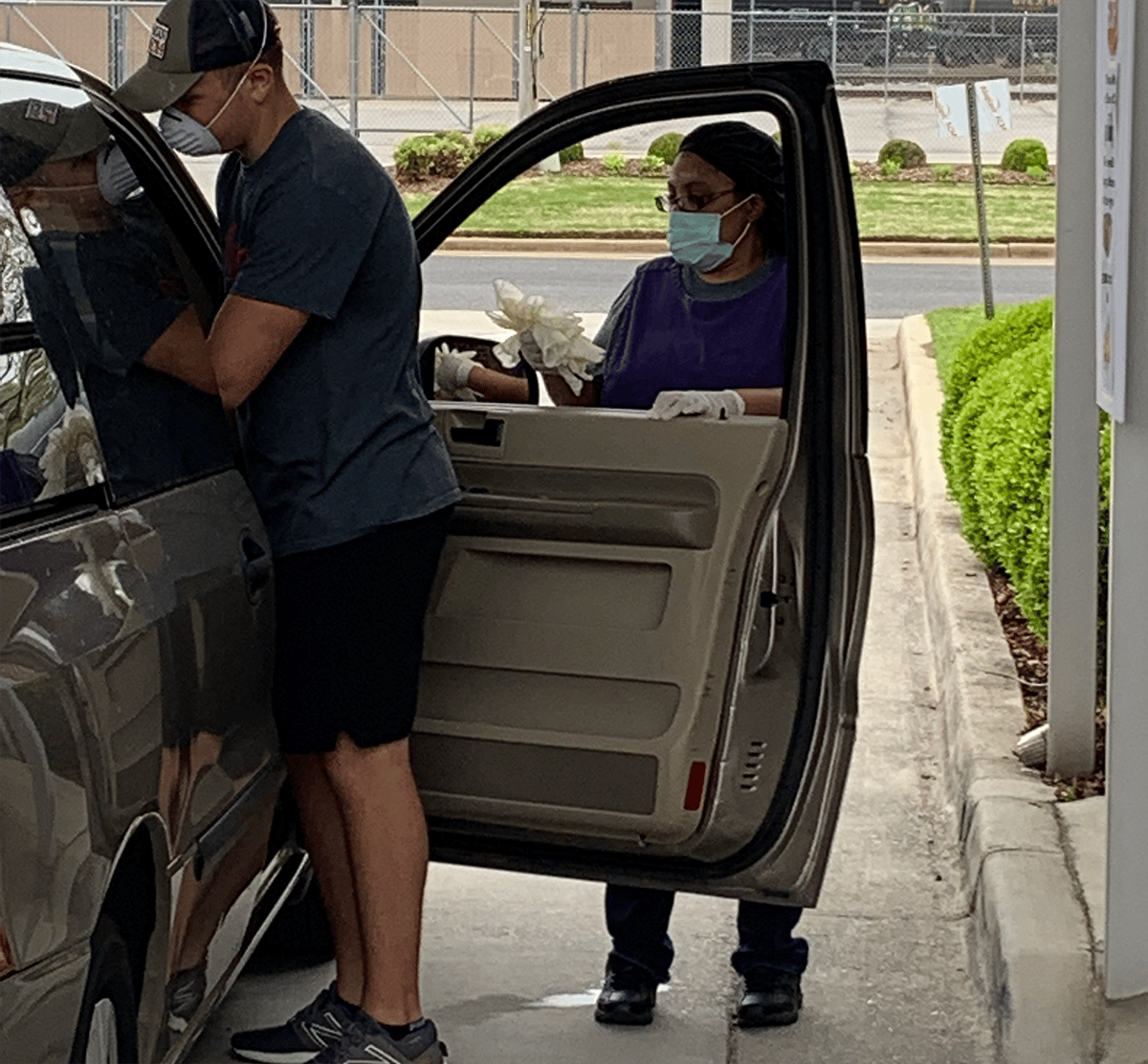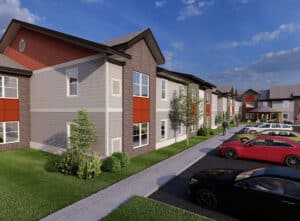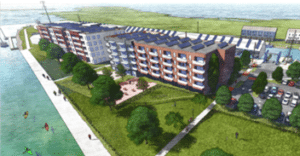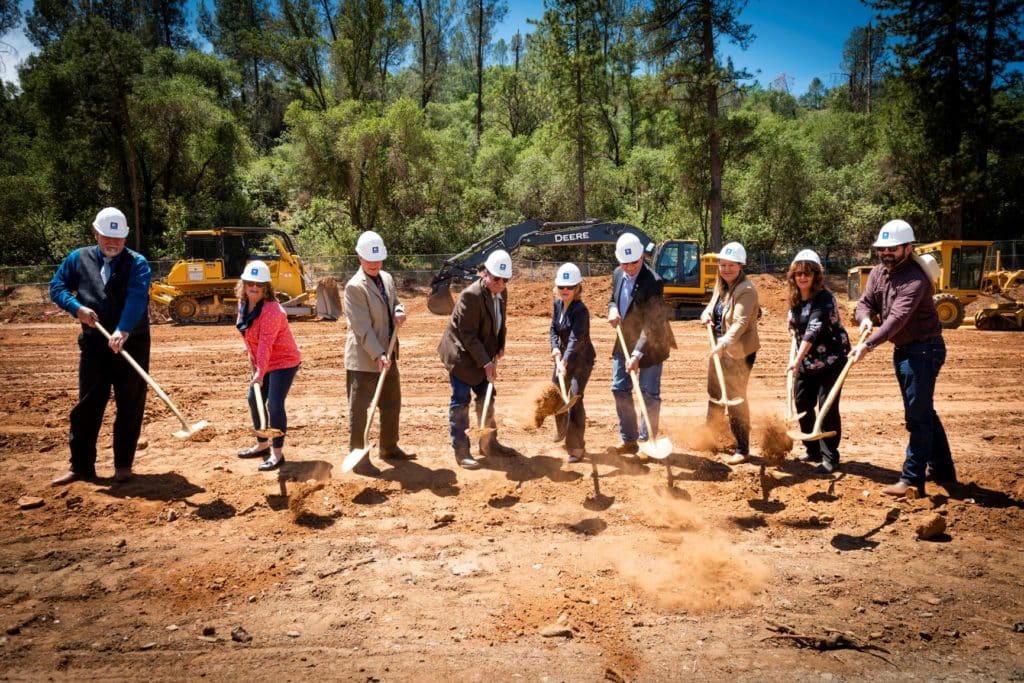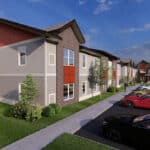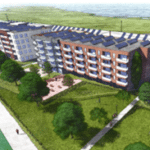
The pandemic and Alabama’s Stay at Home, Shelter at Home, and mask orders immediately impacted Community Action Partnership of North Alabama (CAPNA)’s existing service programs that used direct contact.
“Beginning in March, we began to devise changes to provide safety and a healthy atmosphere to our staff and to those we served or anticipated serving,” said Tim Thrasher, CAPNA’s CEO.
But the organization quickly pivoted, adapting to the restrictions while still serving its at-need communities.
• CAPNA staff distributed learning packages to the 2,500-plus families in 16 counties enrolled in their Children’s Services programs: Head Start, Early Head Start, Pre-K, childcare partnerships, and home visits. They made more than 41,000 contacts in the spring semester.
• In the spring, educational programs engaged children, families, and staff through virtual learning websites, distribution of learning/care packages to families, and through a cooperative effort by the Children’s Services team to proactively plan for the remainder of that school year and the upcoming year.
• CAPNA’s Meals on Wheels and More program distributed non-perishable packages weekly to nearly 300 meal recipients.
• Its Senior Companion program used phone calls and activity packets to provide wellness checks and serve vulnerable populations. They are also exploring teleservice, and recently provided opportunities for senior companions to make on-site visits.
• During this time, CAPNA developed and formed programs to provide rental assistance to those affected by the pandemic, thanks in part to partners such as United Way, NeighborWorks, the City of Decatur, and Decatur Utilities. The program was facilitated through Skype and Facetime sessions.
• Their utility assistance program was retooled in April and May, while CAPNA partnered with utility providers to devise a more efficient contactless process for those in need. They have processed 15 to 85 applications daily for utility assistance for those who are eligible. In June, they served approximately 3,400 families. Utility assistance continues to be contactless.

ADJUSTING AND ADAPTING
CAPNA’s Foster Grandparent program was affected to the greatest extent, as it partnered with schools, and due to the vulnerable nature of the program’s volunteers. They are slowly reentering schools on a limited basis in select areas and exploring an online tutoring lab to engage the program’s assigned students.
Weatherization has also been difficult due to contracted crews needing to enter the homes of vulnerable residents; those crews just recently restarted service.
CAPNA’s offices closed to the public, with many of its 550 employees working and training remotely due to technological capabilities established prior to the pandemic. Their main offices are closed to the public, with minimal public exposure for staff.
“We are currently still working remotely and on-site as needed based on the program,” Thrasher said, adding that they are evaluating remote workforce requirements and performance measures for the new normal, while anticipating changes to provide flexibility for those able to work remotely.
RETURNING TO A NEW NORMAL
“We continually look at opportunities to improve our programs’ processes while providing safe and healthy environments,” Thrasher said. As the year progresses, CAPNA continues to monitor the Public Health Department and CDC guidelines to assure safety, as well as the funding requirements of pandemic-related resources provided during this time.
All educational programs have reentered the center-based learning environments, with strict adherence to temperature checks, Covid-19 protocols, social distancing, masks, hygiene, and more. Select centers have also acquired sterilization units for sanitization of toys and equipment.
Many of its Early Head Start and Childcare Partnership programs restarted in early July. They also opened two summer learning programs in July, to provide insight on the reopening process and to assure its Covid-19 protocols were providing the ultimate safety needed for staff, volunteers, and families, Thrasher said.
Its Meals on Wheels and More programs have continued to prepare and distribute non-perishable meals, and they have partnered with another agency to also provide a frozen food option to some clients. They plan to gradually provide hot meals to families beginning in October.
CONSTRUCTION CONTINUES
Home construction and development continues to move forward, though with material cost escalations and appliance supply chain delays, Thrasher said. Two real estate development projects were awarded for 2021 in Fort Payne and Decatur, AL, and renovation began in September on another project. Construction continued on existing development projects in Alabama and South Carolina. Three senior living properties will be completed by the end of 2020, adding 160 new, affordable apartments.
“It has been a blessing to be a part of the NeighborWorks network during this time and have resources such as NeighborWorks Capital,” Thrasher said.
NeighborWorks Capital helped CAPNA acquire their headquarters near Huntsville, AL, through a $1.47 million permanent loan at 5.85 percent, with 90 percent LTV. NeighborWorks Capital also provided an Enterprise Growth Loan of $800,000 in 2019 that will mature in 2022. CAPNA has occupied the location since 2003, when the 18,000-SF commercial building was built. Under the terms of their 15-year lease, they had the option to purchase the property. Buying the property reduced its occupancy costs by 33 percent, and the loan supports CAPNA’s goal to add one to two new real estate development projects a year.
“This allows us to move funding to direct services,” Thrasher said.
CAPNA was challenged by limits on the portion of its revenue that can be used for corporate occupancy costs. Most of its revenues are from government contracts for services and cannot be used to pay debt services, preventing several local lenders from considering CAPNA’s financing request. NeighborWorks Capital’s ability to be flexible and work with its borrowers on a project-by-project basis helped provide this permanent loan to CAPNA.
About CAPNA
Community Action Partnership of North Alabama was formed in 1965 and is a leading non-profit partner organization in the state. It is committed to reducing or eliminating the causes and consequences of poverty through its various programs for its communities’ low-income individuals and families. These include Children’s Services, Energy Assistance, Foster Grandparents Program, Homeownership Services, Housing and Community Development, Meals on Wheels & More, Senior Companion Program, and Weatherization.

